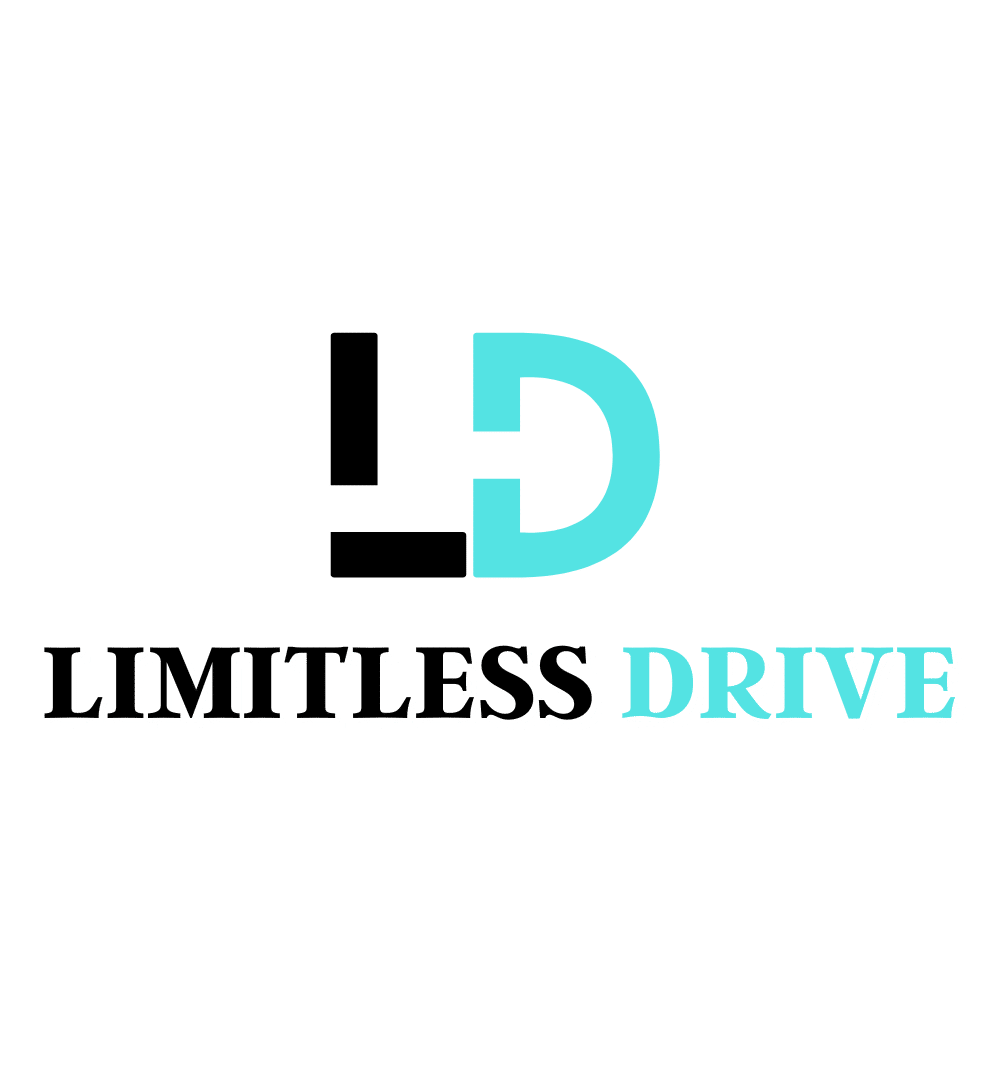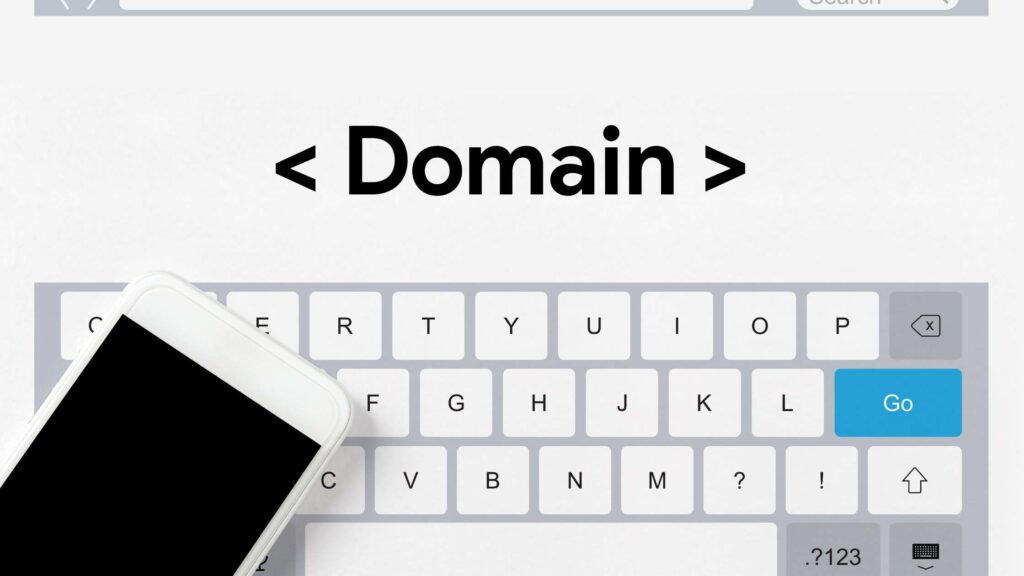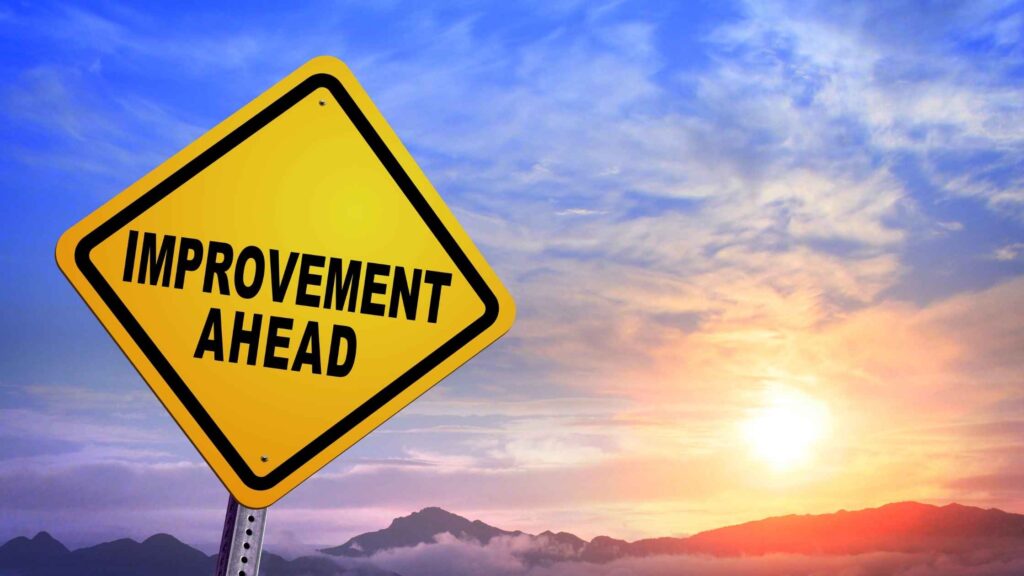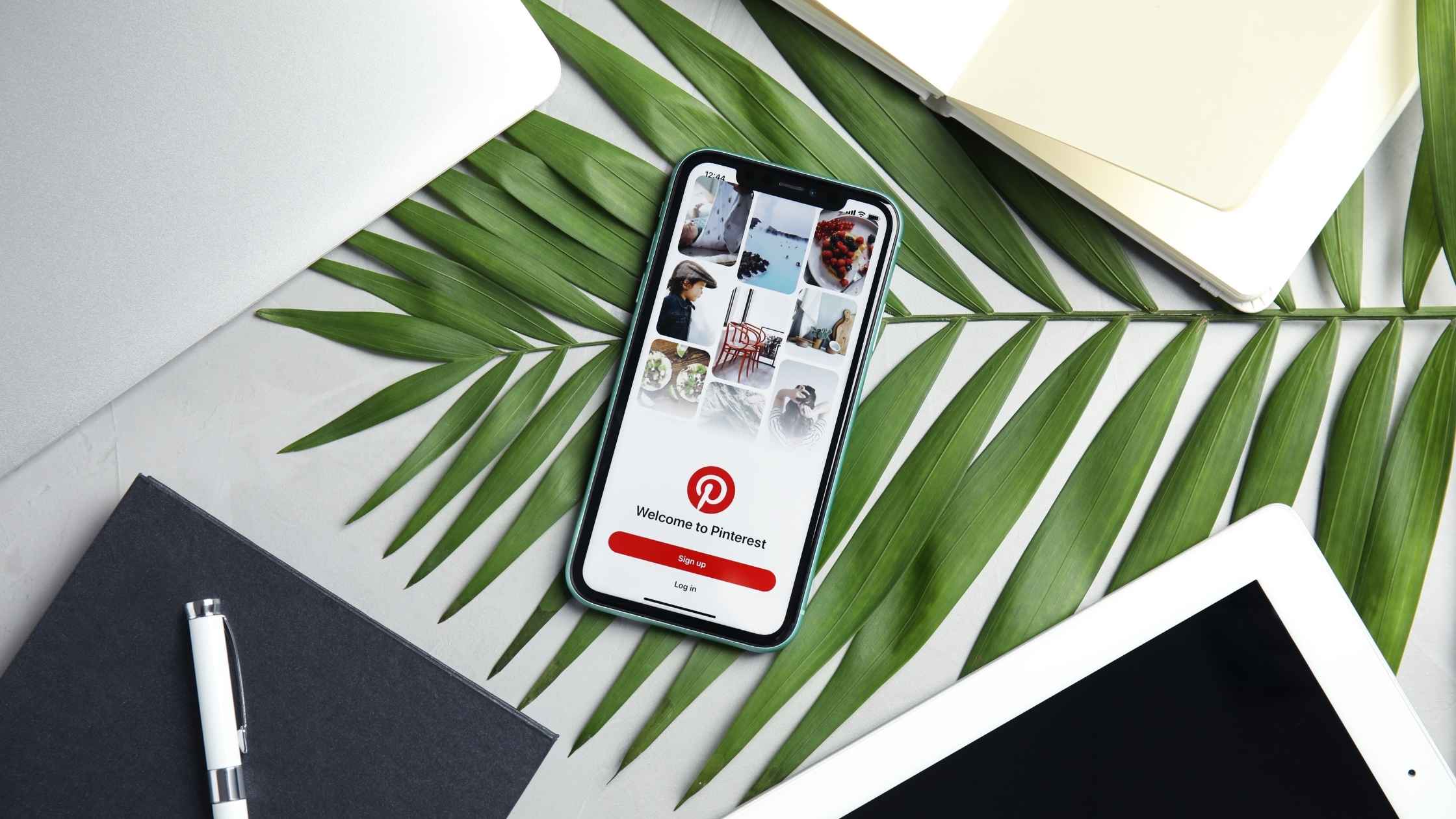Blogging tips for beginners usually start with the basics, but here’s the truth: your first few posts set the tone for everything that follows. Think of them as your blog’s foundation. If it’s shaky, everything you build later might crumble.
Why Your First Post Matters More Than You Think
Your early readers, whether it’s ten or a hundred, are forming first impressions fast. So instead of winging it, go in with a plan.
Define your niche, clarify your message, and focus on solving problems people are actually Googling. This positions you as valuable from day one.
It’s also crucial to understand that blogging is a long game. Instant traffic and viral fame are the exception, not the rule.
By being intentional early on, you’ll set yourself up for sustainable growth. Your blog should be an investment in your future, not just a creative outlet.
When you start with this mindset, every word you write works harder for you.
Choose a Niche That Actually Excites You (and Pays Off)
If you’re researching blogging tips for beginners, one thing should be clear: your niche isn’t just a topic—it’s your lane on the content highway.
Picking a niche you don’t care about just because it seems profitable? Fast track to burnout. On the flip side, blogging about something you love but nobody searches for? That’s a diary, not a strategy.
The sweet spot lives where passion and demand intersect. Use keyword research tools to check search volume, trends, and competition.
Ask yourself: Can I talk about this topic every week for the next year without running out of ideas? Will people actually find it useful or inspiring? If yes, you’re on to something.
And remember: you can evolve. Plenty of successful bloggers started with one focus and expanded later.
But nailing your niche early gives you clarity, which builds trust—and trust is how you grow a loyal audience that sticks around.
Define Your Ideal Reader and Speak Directly to Them
It’s easy to write a post and hope it resonates with everyone. But one of the best blogging tips for beginners is to zoom in on a specific reader.
Imagine a person—what do they care about? What are they struggling with? What questions do they Google late at night? Write like you're talking to that one person.
The clearer your target reader, the stronger your content will be. You’ll know what tone to use, what topics to cover, and even what products or services to recommend later.
Instead of writing for the internet, write for a friend. That personal connection translates into trust, which is what turns casual visitors into loyal fans.
When you define your ideal reader early, it becomes easier to stay consistent in voice, tone, and content. This foundation makes your blog more cohesive and far more impactful in the long run.
Your Blog Name and Domain Should Be Catchy
When beginners start blogging, they often overthink their blog name or settle for something forgettable. But naming your blog is like naming a band—it sets the tone, sparks curiosity, and makes people remember you.
Choose a name that reflects your niche and voice. Make sure it’s easy to say, spell, and share. And yes, always check that the domain is available. If the .com isn’t, strongly reconsider.
You want a brand that can grow with you. Avoid using dates, hard-to-spell words, or overused terms like “hustler” unless you add a twist.
Think memorable. Think timeless. And if you’re stuck, brainstorm with friends or try name generators for a creativity boost.
If you're serious about growing your brand, consider securing matching social media handles. Consistency across platforms helps boost your authority and makes it easier for your audience to find and follow you.
And down the line, having a solid, recognizable name could be the difference between being just another blogger and building a full-fledged online business.
Start your blog and pick your complimentary free domain included with Bluehost.
Keep Your Design Simple, Sleek, and Distraction-Free
One of the underrated blogging tips for beginners is to avoid the temptation to overdesign. You might think a flashy theme makes your blog stand out, but readers crave clarity, not chaos.
A clean layout with intuitive navigation always wins. Choose fonts that are easy to read, use lots of white space, and stick to a color palette that reflects your brand.
Most importantly, make your blog mobile-friendly. The majority of readers are scrolling from their phones. If your site looks janky on mobile, you’re losing people before they read a single word.
And please—ditch the auto-play music, pop-up madness, and 15 different font styles. A focused experience builds trust and keeps readers coming back.
You don’t need to be a designer to make your blog look great. Most themes—especially premium ones—come with beautiful presets that are plug-and-play.
Just swap in your branding, images, and tone. Focus on what matters: delivering value without distractions. A blog that looks good and works flawlessly is your silent salesperson.
Create Cornerstone Content to Build Authority Fast
When starting out, one of the smartest blogging tips for beginners is to create cornerstone content—these are your go-to, value-packed, comprehensive posts that establish your expertise.
Think of them as your flagship guides. They answer big questions, go deep on important topics, and act as traffic magnets over time.
Cornerstone content should be evergreen, highly optimized for SEO, and linked to often from other posts. They build internal linking structure and help search engines understand your site.
They also build trust with readers who land on your site for the first time and want proof that you know your stuff.
Pick 3–5 core topics and create long-form guides for each. These will form the backbone of your blog’s content strategy and help boost both rankings and credibility.
The stronger your foundation, the more confidently you can expand.
Content Is Queen, but Consistency Is Her Crown
You can have the fanciest layout and strongest SEO, but if your content is weak or inconsistent, it’s game over.
One of the biggest blogging tips for beginners is this: show up regularly. You don’t have to post daily (in fact, don’t), but do commit to a realistic publishing schedule. Once a week? Awesome. Biweekly? Totally fine. Just be dependable.
Also, write with purpose. Every post should solve a problem, answer a question, or inspire action. Use headlines that hook people fast, break up long paragraphs, and make it skimmable.
Inject your personality. And remember: editing is your best friend. A polished post is 10x more powerful than a rushed one. Great blogs aren’t written—they’re rewritten.
If you're struggling with consistency, batch your content. Set aside a weekend to write multiple posts, schedule them ahead of time, and avoid the pressure of writing last-minute.
Tools like editorial calendars, content outlines, and productivity timers can seriously level up your workflow. The easier you make it to stay consistent, the faster you’ll see growth.
Don’t Just Hit Publish—Promote Like a Pro
A huge mistake beginners make is thinking readers will magically show up after publishing. They won’t—unless you promote your content.
Share your posts on Pinterest, Twitter/X, LinkedIn, Instagram, or wherever your audience hangs out.
Join Facebook groups in your niche and contribute genuinely (not spammy). Build an email list from day one and actually use it.
Promotion should take as much time as writing. Use catchy captions, compelling images, and repurpose your blog content into quotes, threads, or short videos.
Get creative. Reach out to fellow bloggers for guest posts or collaborations. The more people who see your blog, the more authority and momentum you build.
Take advantage of SEO by using internal links to other blog posts and creating a structure that guides readers through your content.
Set up Google Search Console and Google Analytics from the start so you can track what’s working—and what’s not.
Data helps you optimize your promotion strategy over time. Promotion isn’t a one-time task—it’s a habit that fuels long-term growth.
Suggested reading: How To Work From Home As A Blogger
Understand the Power of Email Marketing From the Start
One of the smartest blogging tips for beginners is to start collecting emails right away. Your email list is your golden ticket to building direct, lasting relationships with your readers.
Social media algorithms change. SEO rankings fluctuate. But your email list? You own it.
Create a simple lead magnet—like a free checklist, mini course, or eBook—that delivers quick value. Offer it in exchange for your readers’ email addresses.
Use platforms like ConvertKit, MailerLite, or FloDesk to automate your welcome sequence and keep communication flowing.
A strong email list boosts your blog traffic, supports product launches, and builds a loyal community.
And don’t ghost your list. Send consistent updates, useful insights, and genuine stories. Be yourself.
The more authentic you are, the more likely your subscribers are to stick around, engage, and eventually buy from you.
Optimize for SEO Without Sounding Like a Robot
Search engine optimization might sound intimidating, but it’s essential. One of the more overlooked blogging tips for beginners is that SEO doesn't have to ruin your writing flow.
In fact, when done right, it enhances it. Use your keyword naturally—like blogging tips for beginners—and weave it into your first paragraph, headers, and conclusion. Sprinkle related terms and synonyms throughout.
Don’t stuff keywords where they don’t belong. Google is smarter than that. Focus on delivering value, answering questions, and keeping people on your page.
Use tools like Yoast SEO or Rank Math to guide you on optimization without overdoing it. Meta descriptions, image alt text, and internal links all matter.
Master the basics now so you don’t have to overhaul everything later. If you’re serious about ranking on the first page of Google, SEO is non-negotiable.
But you can absolutely stay conversational and human while still optimizing for bots. Balance is key—and it's easier than you think.
Suggested reading: 5 Common Blogging Mistakes To Avoid at All Costs
Monetize Smart: Don’t Put Ads Before Audience
A lot of new bloggers rush to slap ads all over their site, hoping for passive income right out the gate.
But here’s one of the most important blogging tips for beginners: monetize after you’ve built trust, not before. Prioritize providing massive value first.
Then, as your traffic grows and your audience starts to trust your recommendations, that’s when monetization clicks.
Start with affiliate marketing by promoting tools and products you genuinely use and love. Your readers will sniff out forced promos a mile away.
As your content library expands, think about creating digital products—like eBooks, templates, or online courses. These offer high-margin revenue and position you as an authority.
If you're thinking long-term (and you should be), consider diversifying your income streams. Sponsored posts, coaching, membership sites, and premium content can all layer in over time.
But always lead with service, not sales. When people know you’re in it to help, not hustle, the money will follow.
Suggested reading: How to Start Blogging for Money: The Ultimate Beginner's Guide
Use Analytics to Double Down on What’s Working
If you’re not tracking your progress, how will you grow? One of the most effective blogging tips for beginners is to regularly check your analytics—but don’t let the numbers overwhelm you.
Focus on the basics: which posts get the most traffic, where your visitors come from, and how long they stay.
Once you know what’s working, double down. Create spinoff posts on your top-performing topics. Refresh content that’s starting to lose steam.
If Pinterest is driving major clicks, maybe it’s time to create more pins per post. Use the data to guide your decisions instead of just guessing.
Set goals and measure them. Want 1,000 monthly visitors? Break that down by channel. Track your email open rates, affiliate clicks, and bounce rate.
The more you understand your metrics, the more strategic and successful your blog will become. Numbers don’t lie—they help you scale.
I use Google Analytics to track information about my blog and how to improve it. You can use this Google Analytics Resource to learn how to use it for your blog.
Build Relationships, Not Just Backlinks
It’s true: backlinks are great for SEO. But one of the best-kept blogging tips for beginners is that real relationships will take you farther than any quick SEO hack.
Start by connecting with other bloggers in your niche—comment on their posts, share their work, and engage authentically on social media.
Guest posting is still powerful, but don’t approach it as a transaction. Think collaboration, not competition. Reach out with value, not a generic pitch.
Over time, you’ll build a network of creators who support and promote each other. And that’s the kind of ecosystem that builds momentum and credibility.
You’re not just building a blog—you’re building a brand. And strong brands are built on community.
Whether you join masterminds, Facebook groups, or Twitter chats, surround yourself with others who are also chasing big goals. Blogging can feel lonely, but it doesn’t have to be.
Keep Learning So You Keep Growing
The blogging world changes fast—algorithms shift, tools evolve, and trends come and go. That’s why one of the most evergreen blogging tips for beginners is to never stop learning.
Listen to podcasts, take free courses, read other blogs, and stay curious. The more you grow, the more your blog grows.
Don’t get stuck in perfectionism or wait until you “know enough.” Start where you are and level up along the way. Your first blog posts won’t be perfect.
Your first emails might get a single open. That’s fine. Every successful blogger was once a beginner who decided not to quit.
Investing in your skills—whether it’s writing, marketing, design, or mindset—is the ultimate blog growth strategy.
The better you get, the more value you bring. And the more value you bring, the bigger your results.
Suggested reading: Is It Possible to Get a Work From Home Job With No Experience?
Questions Based on Blogging Tips for Beginners
Here are some of the most frequently asked questions about blogging tips for beginners:
How do I choose the best blogging platform?
If you’re serious about blogging long-term, go with self-hosted WordPress.org. It gives you full control, scalability, and access to powerful plugins like Yoast SEO.
Platforms like Wix or Squarespace are user-friendly, but they come with limitations. WordPress has a learning curve, but it's totally worth it.
Start a blog on WordPress using Bluehost for $2-3 a month here.
How much does it cost to start a blog?
You can start a basic self-hosted blog for under $100 a year. This usually covers your domain name and web hosting (look at providers like Bluehost, SiteGround, or Hostinger).
Premium themes or plugins may cost extra, but you can start small and upgrade as you grow. Bluehost is the cheapest option where you can start a blog for just 2-3 dollars a month when you use this link.
How often should I blog as a beginner?
Start with a sustainable goal—once a week or biweekly. Quality trumps quantity. Consistency builds trust with both your audience and search engines.
Over time, you can increase frequency if you have the bandwidth and systems in place.
What’s the fastest way to grow blog traffic?
Promote your content aggressively and smartly. Use Pinterest, optimize for SEO, build an email list, and collaborate with others.
Also, create high-quality, long-form posts that solve real problems. Fast growth happens when great content meets strategic promotion.
When can I start making money from my blog?
You can technically start monetizing from day one, especially with affiliate links or digital products.
But realistically, income comes after you've built some trust and traffic. Focus on growing your audience first, then layer in monetization strategically.
What should I do if I feel stuck or uninspired?
Take a break, revisit your “why,” and reconnect with your audience. Ask your readers what they need. Sometimes writer’s block is just misalignment with your niche or routine.
Batching content, reading other blogs, and journaling can help reignite your creative spark.
Final Word: You Don’t Need to Be an Expert—You Just Need to Begin
One of the most underrated blogging tips for beginners is this: you don’t have to know everything to get started. Your first post won’t be perfect.
Your first month might be quiet. But that’s how everyone starts. The key is starting and staying in the game long enough to improve, connect, and grow.
You have something to say. You have value to give. And with the right mindset, strategy, and commitment, your blog can become something truly impactful—maybe even life-changing.
Don’t let comparison or tech overwhelm stop you. Just take the next step. Then the next one. Success doesn’t come from luck. It comes from showing up.
And now that you know what to do, there’s nothing stopping you from building a blog that matters.








2 thoughts on “Blogging Tips for Beginners That Will Skyrocket Your Success”
Great post! You’ve shared some solid foundational tips — especially loved the focus on patience and consistency. As someone who’s been in blogging for, it really makes a long-term difference. Keep up the good work!
Thank you for stopping by! I’m glad you enjoyed the post.